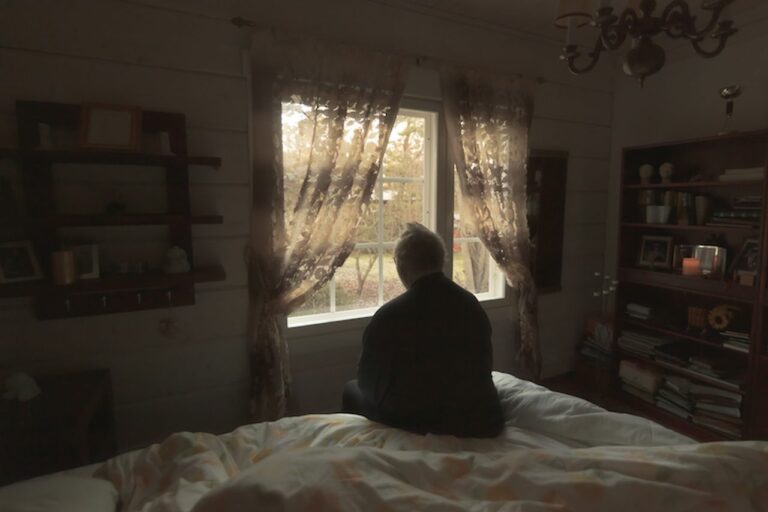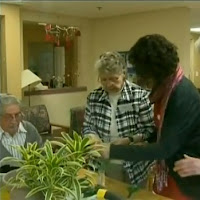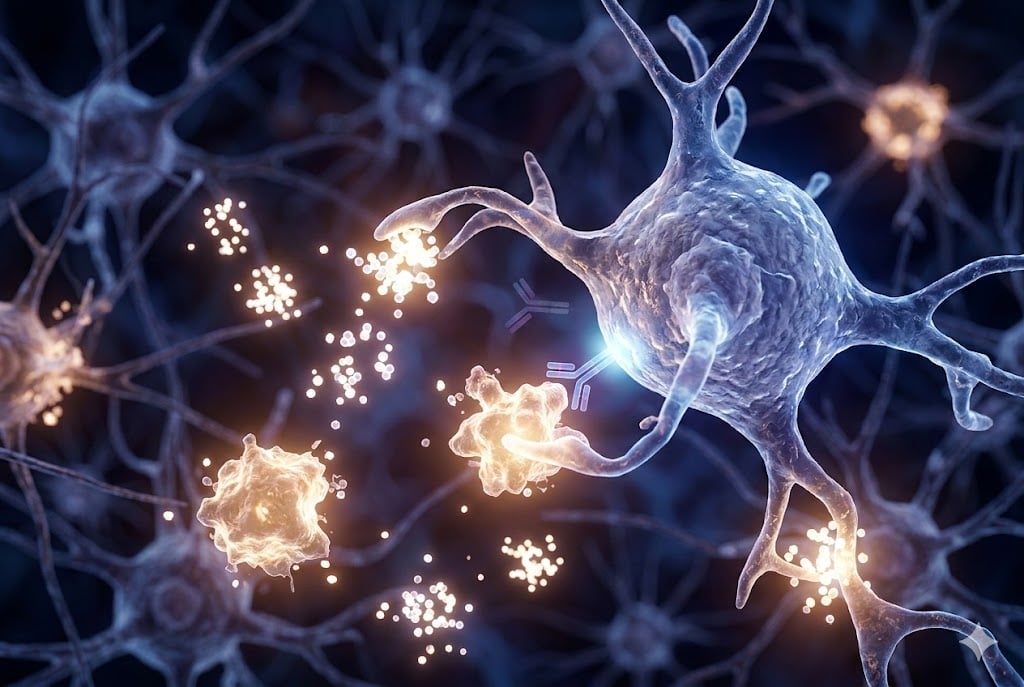
What Causes Sundowning? Frustration or Chemistry?
VIDEO+ARTICLE: Sundowning in dementia can derail evenings with anxiety, agitation, and confusion. Here’s why it happens—and what actually helps.

VIDEO+ARTICLE: Sundowning in dementia can derail evenings with anxiety, agitation, and confusion. Here’s why it happens—and what actually helps.

A few minutes of music each day can calm sundowning and help support brain health. A new study explains these protective benefits — and we’ll show you how to build gentle musical routines into evening care.

New Alzheimer’s research reveals brain cells follow a daily rhythm. When that rhythm breaks, late-day confusion and agitation grow. Learn why sundowning happens — and five simple habits to help calm evenings.

VIDEO ON SUNDOWNING: See UCLA’s Dementia Care Program deal with end-of-day agitation and irritability, known as “Sundowning”. A caregiver asks, “My loved one’s behavior tends to get worse when the sun starts to go down. He appears exhausted and restless. What can I do to get him through this time of the day?”

For 12 years, a special program called “Dusk ‘Til Dawn” has been successfully fighting sundowning.

“Sundowning” describes agitation and anxiety often felt towards the end of the day in dementia. See what it is and what you can do about it.

Daylight Savings Time can disrupt the environment and daily routine of people with Alzheimer’s. See how to be proactive when changing the clock.

A groundbreaking study corrected the circadian disruptions seen in Alzheimer’s mice by using time-restricted feeding. This may improve sleep, sundowning, confusion and memory.

Environment, Empathy and Engagement improve sundowning, or sundowners syndrome, in dementia and Alzheimer’s. Explore effective strategies to comfort and support your loved ones symptoms.

Alzheimer’s research from UVA Health suggests that enhanced light sensitivity may contribute to “sundowning” – the worsening of symptoms late in the day.

Bringing art and creativity into elder care settings helps families reconnect with loved ones who have dementia. In this moving talk, Anne Bastings shares how.

When a hurricane hits Florida — or anywhere that has a very large population of people with dementia, there are special preparations that should be made by those living with dementia. Check these dementia-in-a-storm readiness lists.

In gardening, people with Alzheimer’s grow fresh plants along with better thinking. It’s a pleasant way to make things easier.

Bringing art and creativity into elder care settings helps families reconnect with loved ones who have dementia. In this moving talk, Anne Bastings shares how.

When a hurricane hits Florida — or anywhere that has a very large population of people with dementia, there are special preparations that should be made by those living with dementia. Check these dementia-in-a-storm readiness lists.

In gardening, people with Alzheimer’s grow fresh plants along with better thinking. It’s a pleasant way to make things easier.

The co-founder of a caregivers’ organization introduces technology he has found helpful in caring for his grandmother with dementia.
No spam, only news and updates.


